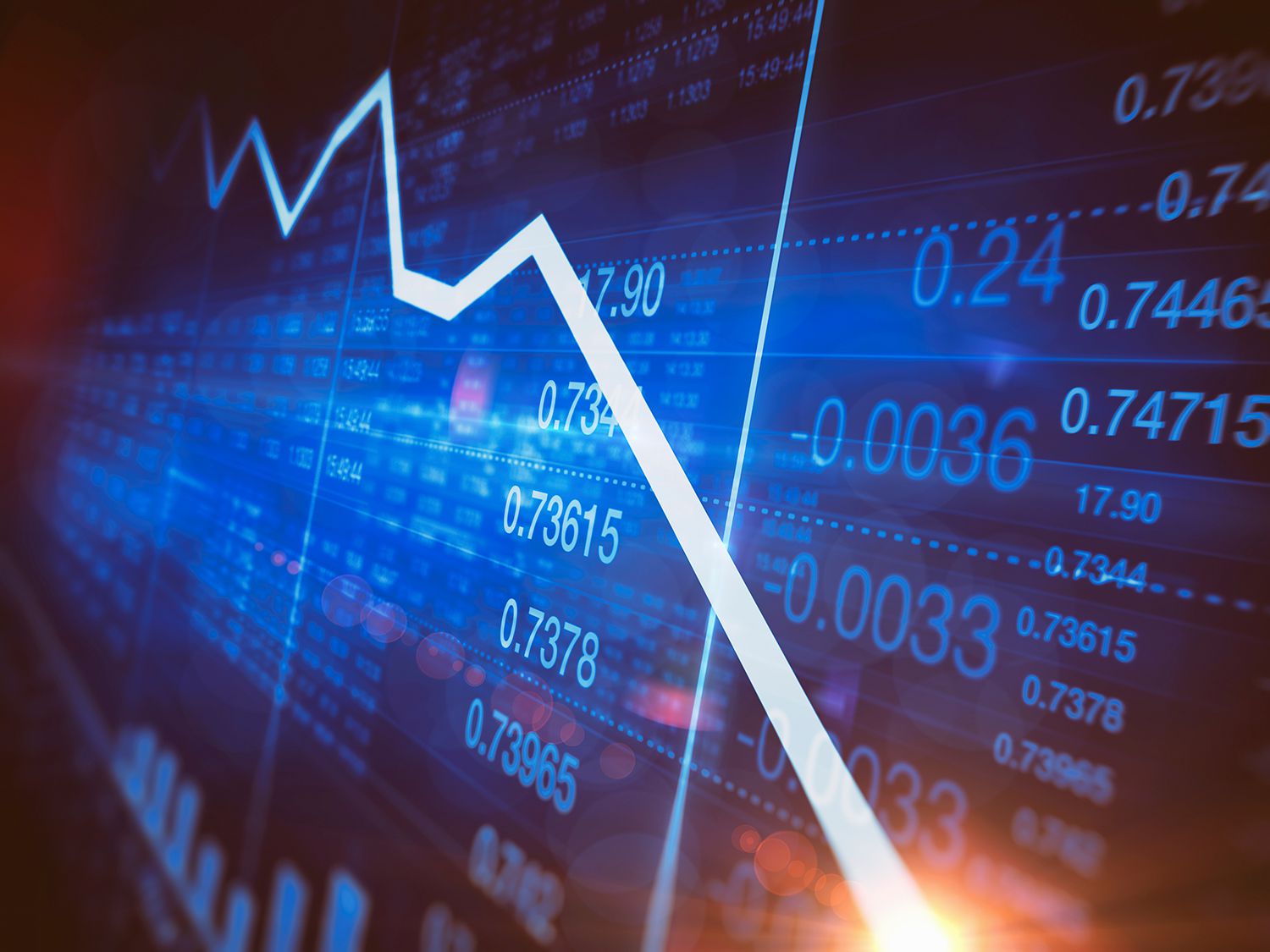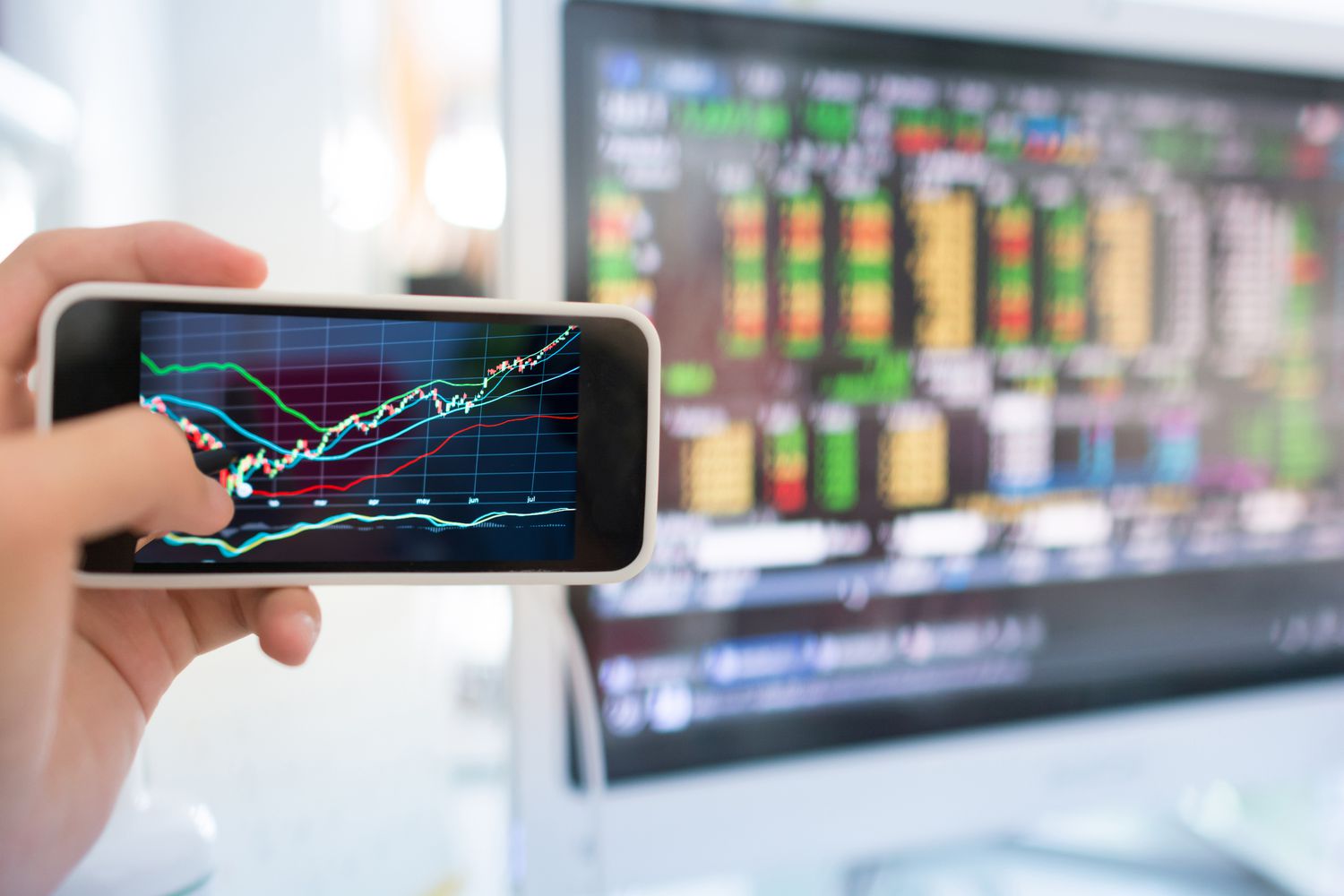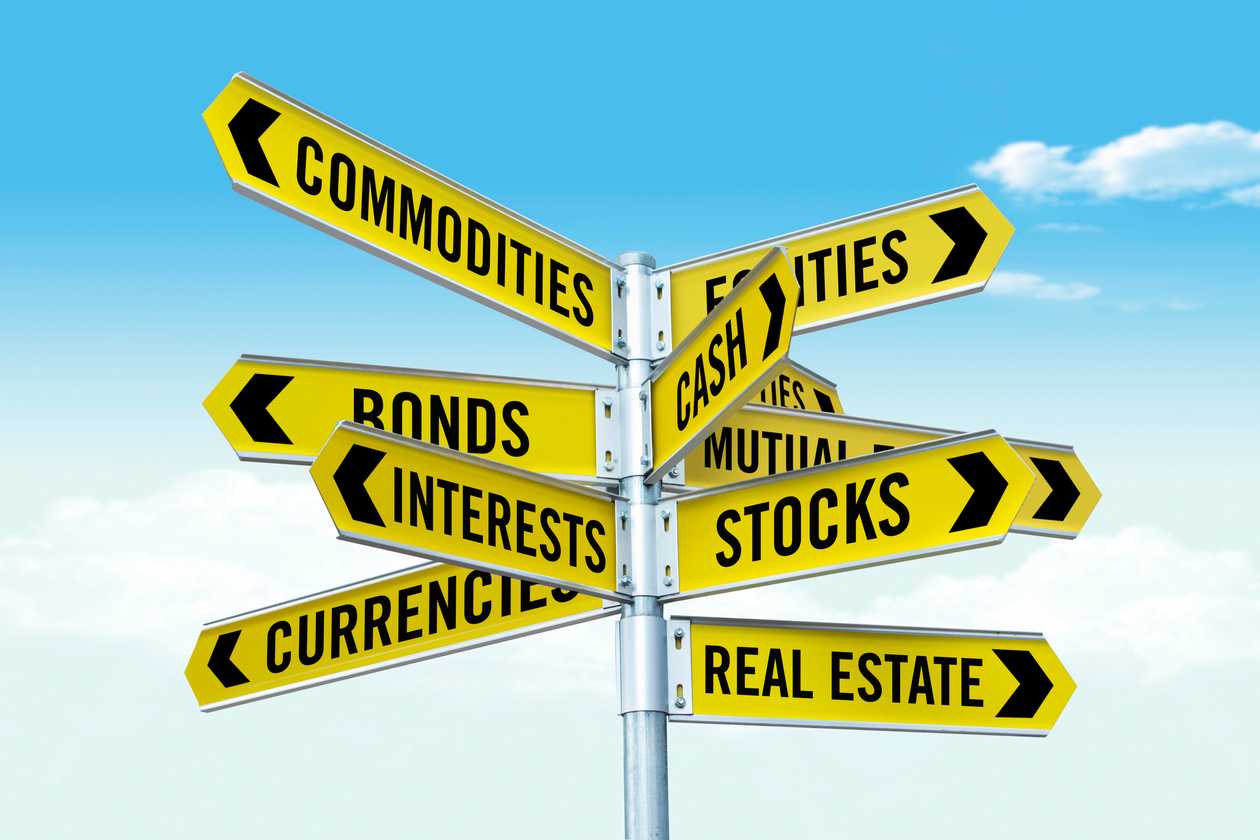Did you know that the highest stock prices in history have reached staggering figures, surpassing half a million dollars? The world of stock markets is rife with record-breaking valuations that defy expectations and showcase the immense value of certain companies.
From iconic investor Warren Buffett’s Berkshire Hathaway to renowned chocolate confectioners Lindt & Sprüngli, the top 10 highest stock prices encompass a wide range of industries. Modern giants like Amazon and Google also make their appearance in this elite list of high-priced shares. These exceptional stock prices not only leave us astounded but also delve into the dynamics of market capitalization and the factors that influence stock prices.
Stay tuned as we delve into the intriguing world of high-priced stocks, unraveling the implications, understanding market capitalization, and exploring alternative investment options.
Key Takeaways:
- The highest stock prices in history have exceeded half a million dollars.
- Diverse industries from chocolate candy makers to technology giants have achieved record-breaking valuations.
- Market capitalization provides a more accurate measure of a company’s total value.
- Earnings per share and market trends influence stock prices.
- Investors can explore alternative options like mutual funds and fractional shares.
Understanding Stock Price vs. Market Capitalization

When evaluating stocks, it’s crucial to comprehend the distinctions between stock price and market capitalization. While a high stock price may give the impression of greater value, it does not necessarily reflect the company’s overall worth. To gain a more accurate measure of a company’s total value in the eyes of investors, market capitalization is essential. Market capitalization is calculated by multiplying the stock price by the total number of outstanding shares.
The stock price represents the current price of a single share of a company’s stock. It is determined by various factors, including supply and demand, investor sentiment, and market trends. However, stock prices can be influenced by the number of shares outstanding.
“Understanding the interplay between stock price and market capitalization is crucial for investors looking to make informed decisions. While a high stock price may attract attention, the real indicator of a company’s value lies in its market capitalization.”
Market capitalization, on the other hand, provides a more comprehensive view of a company’s value. By multiplying the stock price by the total number of outstanding shares, market capitalization takes into account both the stock price and the number of shares available for trading. It represents the total market value of a company and is often used by investors to determine the company’s size and significance within the market.
It’s important to note that market capitalization is not an exact measure of a company’s intrinsic value or its potential for growth. Instead, it reflects the perceived value of the company by market participants. Market capitalization alone should not be the sole factor considered when evaluating investment opportunities, but rather one of many factors to be taken into account.
Understanding the relationship between stock price and market capitalization is crucial for investors seeking to make informed decisions. While the stock price may fluctuate on a daily basis, market capitalization provides a more stable measure of a company’s long-term value and significance within the market.
The World’s Most Expensive Stock Currently
Currently, the world’s most expensive stock is Berkshire Hathaway. The Class A shares of Berkshire Hathaway have reached a record-high stock price of over half a million dollars. Other companies on the list of the world’s most expensive stocks currently include Lindt & Sprüngli, NVR, Seaboard, Amazon, Booking Holdings, Alphabet, AutoZone, Texas Pacific Land Corporation, and Chipotle Mexican Grill. These stocks have all reached high share prices, reflecting the success of their respective businesses.
Investors who are looking for the costliest investment options can consider these top stock prices as potential opportunities for high returns. However, it is important to note that high-priced shares may not always guarantee positive performance or indicate the best investment choices. Thorough research and analysis of a company’s financial health, market trends, and growth prospects are crucial before investing in high-priced stocks.
While investing in the world’s most expensive stocks may seem like an exclusive club, it is worth noting that these stocks come with their own set of risks and considerations. High stock prices can limit the number of shares an investor can purchase, thus reducing flexibility in trading. The volatility of these high-priced stocks can also lead to significant price swings, requiring a long-term investment perspective and a focus on value creation.
For investors looking for alternative investment options, there are various strategies to consider. Mutual funds offer a diversified approach, allowing investors to gain exposure to a wide range of stocks at a more affordable price. Fractional shares, available through many brokerages, allow investors to own a fraction of a high-priced stock, further widening access to these costly investment options.
The World’s Most Expensive Stock All Time

When it comes to historical stock prices, one company stands above the rest: Berkshire Hathaway. With its Class A shares reaching a record-breaking price of over half a million dollars, Berkshire Hathaway holds the title for the world’s most expensive stock of all time.
But Berkshire Hathaway is not the only company to have achieved historically high stock prices. Several other companies have also experienced remarkable valuations, solidifying their positions as some of the priciest investments in the market. These companies include:
- Lindt & Sprüngli
- NVR
- Seaboard
- Amazon
- Booking Holdings
- Alphabet
- AutoZone
- Texas Pacific Land Corporation
- Chipotle Mexican Grill
These companies have seen their stock prices soar to unprecedented levels, reflecting the growth and success they have achieved over the years. Investors seeking the opportunity to invest in companies with a history of record-breaking stock prices may consider these options for potential high returns.
The image above provides a visual representation of the historical stock prices of these companies, showcasing the significant peaks they have reached. As seen in the chart, Berkshire Hathaway’s stock price has consistently remained at the top, with no other company surpassing its record-breaking value.
Understanding the historical stock prices of these companies can provide valuable insights for investors looking to make informed investment decisions. By analyzing the trends and patterns in stock prices, investors can gain a deeper understanding of the dynamics of the market and identify potential opportunities for profitable investments.
Factors Affecting Stock Prices
When it comes to understanding the complexities of the stock market, there are several factors that can significantly impact stock prices. While many investors might assume that a stock’s share price alone determines its value, the reality is far more nuanced.
Market capitalization plays a crucial role in assessing a company’s total value. It takes into account the total number of outstanding shares and multiplies it by the stock price. Market capitalization provides a more accurate measure of a company’s worth in the eyes of investors. By considering the company’s size in terms of shares outstanding, market capitalization offers a better understanding of its overall value.
Another important factor to consider is earnings per share. This metric reveals a company’s profitability by dividing its total earnings by the number of outstanding shares. Earnings per share can indicate the company’s financial health, reflecting its ability to generate profits for shareholders. Investors often take this factor into account when evaluating a stock’s potential price performance.
In addition to market capitalization and earnings per share, other variables can impact stock prices. Market trends, investor sentiment, and economic indicators all play a role in shaping the value of a stock. Investor behavior, news events, and changes in industry dynamics can also influence a stock’s performance.
Factors affecting stock prices:
- Market capitalization
- Earnings per share
- Market trends
- Investor sentiment
- Economic indicators
- Investor behavior
- News events
- Changes in industry dynamics
Understanding these factors provides investors with valuable insights into the underlying forces driving stock prices. By assessing market conditions, company fundamentals, and investor sentiment, investors can make more informed decisions when buying or selling stocks.
It’s important to note that stock prices are influenced by a combination of these factors and can fluctuate in response to changing market conditions. Keeping a close eye on these variables can help investors navigate the unpredictable nature of the stock market and make more strategic investment choices.
| Factors | Description |
|---|---|
| Market Capitalization | The total value of a company based on its stock price and the number of outstanding shares |
| Earnings per Share | The company’s profitability per outstanding share |
| Market Trends | The general direction or behavior of the stock market |
| Investor Sentiment | The overall attitude and outlook of investors towards a particular stock or the market as a whole |
| Economic Indicators | The macroeconomic factors that influence the overall health of the economy, such as GDP, inflation, and employment data |
| Investor Behavior | The actions and decisions made by investors, which can be influenced by emotions, market news, and other external factors |
| News Events | Significant events or announcements related to a company or the market that can impact investor sentiment and stock prices |
| Changes in Industry Dynamics | Shifts in the competitive landscape, technological advancements, or regulatory changes that affect the prospects of a particular industry or company |
Implications of High Stock Prices

The high stock prices of companies like Berkshire Hathaway and Amazon have significant implications for investors. These prices highlight the importance of long-term value creation and market timing when making investment decisions. By understanding the implications of high stock prices, investors can make informed choices to maximize returns and manage risks effectively.
Investing in companies with solid fundamentals and visionary leadership can lead to substantial returns over time. For example, Berkshire Hathaway, led by Warren Buffett, has a long track record of successful value investing and has consistently created long-term value for its shareholders. Similarly, Amazon, under the leadership of Jeff Bezos, has disrupted multiple industries and delivered exceptional growth.
However, it’s important to note that high stock prices also come with some drawbacks. One of the main challenges is the reduced flexibility in trading. High-priced stocks may have lower liquidity and larger bid-ask spreads, making it more difficult to buy or sell shares at desired prices. This can limit short-term trading opportunities and require a longer investment horizon.
To navigate the risks associated with high-priced stocks, diversification is crucial. By spreading investments across different industries and asset classes, investors can mitigate the impact of a single stock’s performance on their overall portfolio. Diversification helps to reduce risk and smooth out volatility by having exposure to a range of companies and sectors.
Thorough research is also essential when investing in high-priced stocks. Investors should analyze a company’s financials, growth prospects, competitive landscape, and management team to evaluate its long-term potential. By conducting in-depth due diligence, investors can better assess the underlying value and growth trajectory of a high-priced stock.
“The key to successful investing is not assessing how much an industry is going to affect society or how much it will grow, but rather determining the competitive advantage of any given company and, above all, the durability of that advantage.” – Warren Buffett
Importance of Long-Term Value Creation
Investing in high-priced stocks is a bet on the long-term value creation potential of the underlying companies. High stock prices often reflect strong fundamentals, growth prospects, and market dominance. By identifying companies with sustainable competitive advantages, investors can position themselves to benefit from long-term appreciation in stock prices.
Market Timing and Patience
Market timing is another critical consideration when investing in high-priced stocks. Buying at the right time can significantly impact investment returns. By carefully analyzing market trends, investor sentiment, and a company’s valuation, investors can aim to enter positions at favorable prices. However, it’s important to exercise patience and avoid succumbing to short-term market fluctuations. Long-term investors understand that stock prices can be volatile, and maintaining a consistent investment strategy is key.
Alternative Investment Options

If investing in high-priced stocks is not feasible, there are alternative options available. One such option is investing in mutual funds, which provide exposure to multiple stocks at a more affordable price. Mutual funds pool together funds from multiple investors and are managed by professional fund managers. They offer diversification and allow investors to participate in the market without the need for extensive research and individual stock selection. With mutual funds, investors can gain access to a diversified portfolio that can help spread risk and potentially achieve higher returns.
Another option to consider is fractional shares, a popular choice among investors. Fractional shares allow investors to buy a fraction of a high-priced stock instead of purchasing a whole share. This option is particularly useful for investors who want to invest in high-priced stocks like Berkshire Hathaway or Amazon but may not have the capital to buy a full share. Fractional shares offer flexibility and allow investors to invest in expensive stocks without breaking the bank.
Both mutual funds and fractional shares provide accessible and cost-effective investment options for individuals who want to participate in the stock market without the high cost of individual stock shares.
Conclusion
In conclusion, the world’s most expensive stocks, both currently and historically, are a testament to the success and market power of the companies behind them. Investing in high-priced stocks requires careful consideration and extensive research. It is crucial to evaluate factors such as market capitalization, earnings per share, and long-term value creation before making investment decisions in the stock market.
Diversification is a key strategy to manage risks associated with investing in high-priced stocks. By diversifying their portfolios across different industries and asset classes, investors can reduce their exposure to any single stock or sector. Additionally, alternative investment options such as mutual funds and fractional shares offer flexibility and affordability for those who find investing directly in high-priced stocks challenging.
Ultimately, successful investment strategies in the stock market require a thoughtful approach that aligns with individual investment goals and risk tolerance. Investors should aim to build a diversified portfolio, conduct thorough research on potential investments, and stay informed about market trends and market conditions.
FAQ
What is the difference between stock price and market capitalization?
While stock price represents the price per share, market capitalization is determined by multiplying the stock price by the total number of outstanding shares, providing a measure of the company’s total value.
What is currently the world’s most expensive stock?
The world’s most expensive stock currently is Berkshire Hathaway, with Class A shares priced at over half a million dollars.
What are some companies with historically high stock prices?
Companies with historically high stock prices include Lindt & Sprüngli, NVR, Seaboard, Amazon, Booking Holdings, Alphabet, AutoZone, Texas Pacific Land Corporation, and Chipotle Mexican Grill.
What factors can influence stock prices?
Stock prices can be influenced by factors such as the number of shares outstanding, market trends, investor sentiment, and the company’s earnings per share.
What are the implications of high stock prices?
High stock prices can indicate long-term value creation and market timing. However, they also come with drawbacks such as less flexibility in trading, highlighting the importance of diversification and thorough research.
What are some alternative investment options for high-priced stocks?
Alternative options for investing in high-priced stocks include mutual funds, which provide exposure to multiple stocks, and fractional shares, which allow investors to buy a fraction of a high-priced stock.
What should be considered when investing in high-priced stocks?
Factors to consider when investing in high-priced stocks include market capitalization, earnings per share, and long-term value creation. Diversification and alternative investment options can help manage risks.
What is important to know about the stock market and investment strategies?
Investing in the stock market requires a thoughtful approach and an understanding of individual investment goals and risk tolerance. It’s important to research and evaluate factors like stock market trends, company fundamentals, and market timing.




